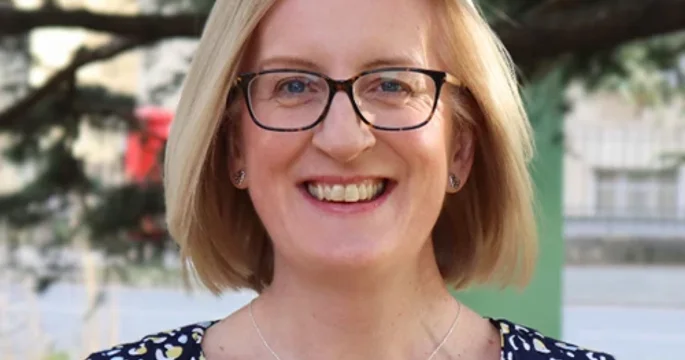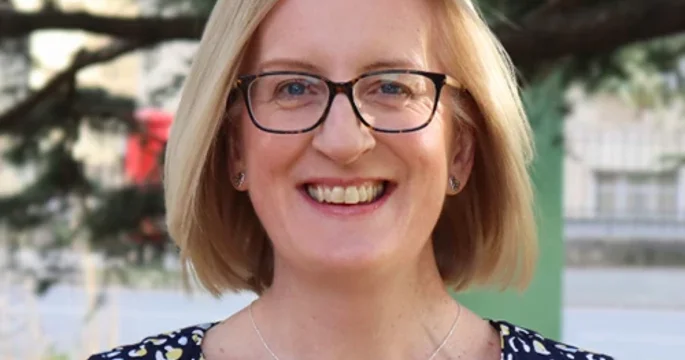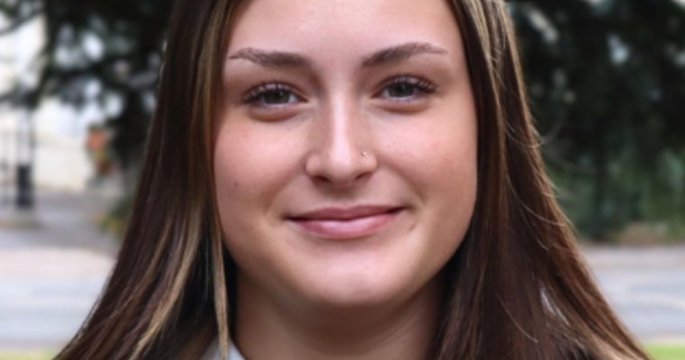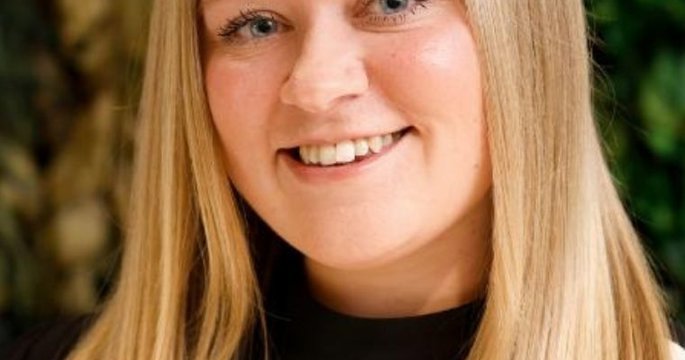What is a pFDR?
Within the court process, divorcing couples will attend a financial dispute resolution appointment (FDR), which is where the judge will seek to help the couple reach an agreement. With the law now requiring a sharper focus on non-court dispute resolution for separating couples, pFDRs represent an excellent option to achieve a financial settlement outside of court.
Select Technology Group acquires JTRS to expand its Apple education tech offering in the UK
BPE Solicitors LLP have advised Select Technology Group - the UK and Ireland’s leading Apple Reseller – in its strategic move to expand its footprint in the EdTech sector, by acquiring JTRS, Apple Authorised Education Specialist. The acquisition was led by Laurence Twiselton (Corporate Partner) with assistance from the firm’s Corporate & Commercial team.
Five Questions for Mediation Week 2025
Family Mediation Week 2025 started this week, on Monday 27th January. The objective of highlighting this week is to reflect the benefits of family mediation for separating couples. Our goal is to increase awareness and encourage families to consider mediation as a constructive way to navigate separation, make informed decisions together, and create a positive future for their family. With that in mind our resident mediator, Helen Cankett, has put together five of the most common questions that she faces in her day-to-day.
Key Employment Law Changes for 2025
In the wake of last year's general election, 2025 was widely anticipated to be a year of significant change for employment law. Whilst the raft of proposals contained within the new Employment Rights Bill raised eyebrows in some quarters, little did we know that it would be the Autumn budget that would grab the headlines for Labour, and not necessarily in a good way.
The End of the Shareholder Rule
A recent decision of the High Court in Aabar Holdings S.À.R.L. v Glencore plc and others* held that the English legal principle known as the Shareholder Rule should no longer apply.
Parliament proposes paid Domestic Abuse (Safe Leave) Bill
On 13 January 2025, Ryan Wellings was found guilty of assault and coercive and controlling behaviour against his partner, Kiena Dawes, who took her own life in July 2022 because of the actions of Ryan Wellings. This case once again brings attention to the threat of domestic violence with SafeLives approximating that 2.1 million people in the UK have experienced some form of domestic abuse. The conclusion of this trial coincided with the introduction of a private members Bill that represents a significant step forward in supporting victims of domestic abuse within the workplace.
Empowering YOUR PEOPLE in 2025
BPE are excited to confirm that Stephen Conlan (Employment Partner) will be part of the expert panel at Circle2Success and Juice Recruitment’s Empowering Your People in 2025 event next Wednesday 22nd January!
Family Mediation Week 2025
Helen Cankett, Family Mediator and Partner in the Family Team at BPE Solicitors says “There has been a greater focus on separating couples attempting some form of non-court dispute resolution before resorting to court proceedings since the court rules were updated in April last year. Family mediation continues to offer a safe and supportive option for couples to come and discuss their financial settlement and child arrangements with the assistance of an impartial mediator and avoid the uncertainties of the court process.”
BPE celebrate another year of Lexcel accreditation
Every year, law firms across the UK can apply to be subject to review by The Law Society under the name Lexcel – a gold standard of excellence in the world of legal practice. Once again, BPE is pleased to announce that they have achieved this coveted accreditation.
MasterChef and McDonalds putting harassment in the spotlight: what should businesses know?
Sexual harassment is back in the spotlight with Gregg Wallace, BBC show MasterChef presenter, facing serious allegations of sexual misconduct. Following an internal BBC investigation, which included interviews with multiple women spanning a 17-year period, the media reported on allegations against Mr Wallace which included making inappropriate sexual comments, telling sexualised jokes and engaging in unwanted physical contact. The seriousness of these allegations has forced him to step back from his role in MasterChef.
Amendments to the Employment Rights Bill tabled
The Employment Rights Bill, introduced in October 2024, marked a significant step towards strengthening worker protections in the UK. A reminder of the contents of the Bill can be found in our previous article
Ending the employment relationship - Protected Conversations
Ending an employment relationship can be a complex process, fraught with legal and reputational risks. When businesses fail to follow proper procedures, they may face costly litigation, damage to their reputation, and loss of productivity amongst colleagues. To ensure a smooth separation, employers often turn to settlement agreements as a means to mitigate risk and keep matters confidential.

















